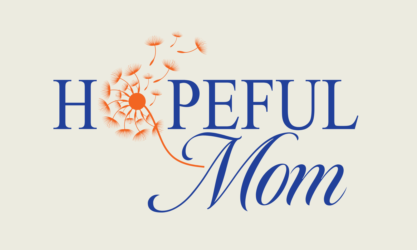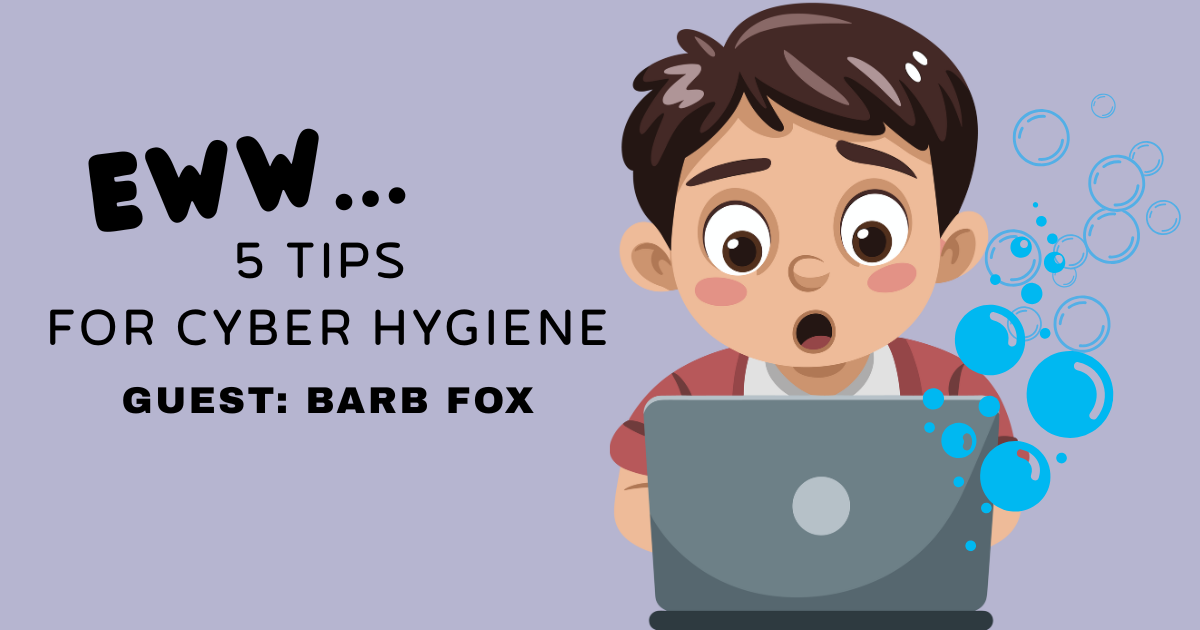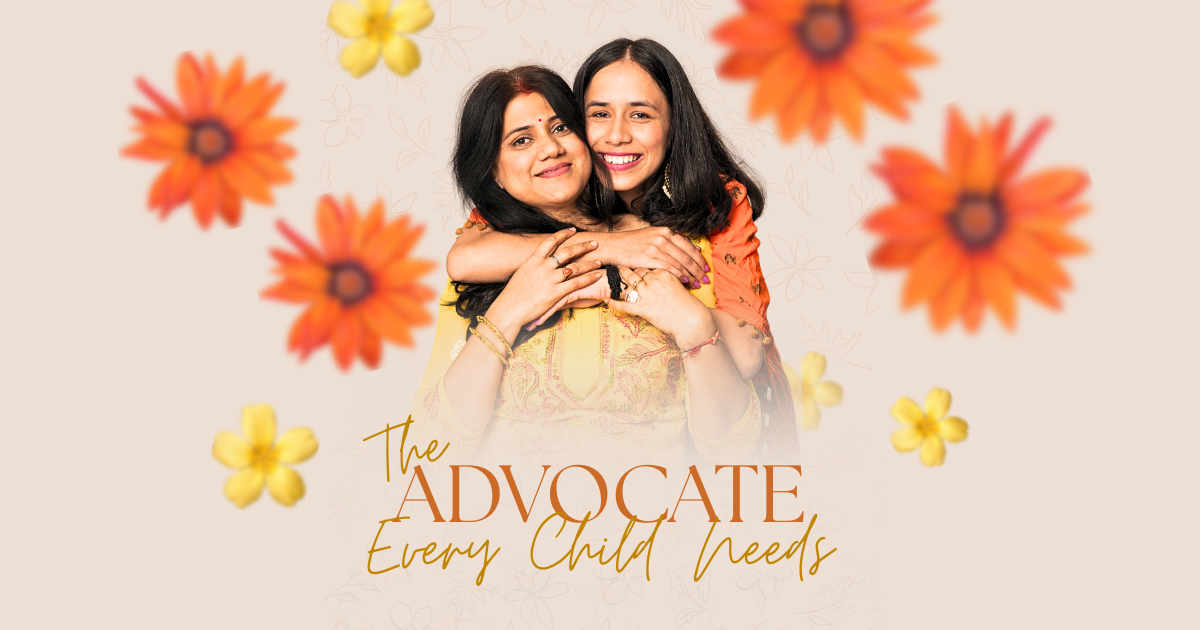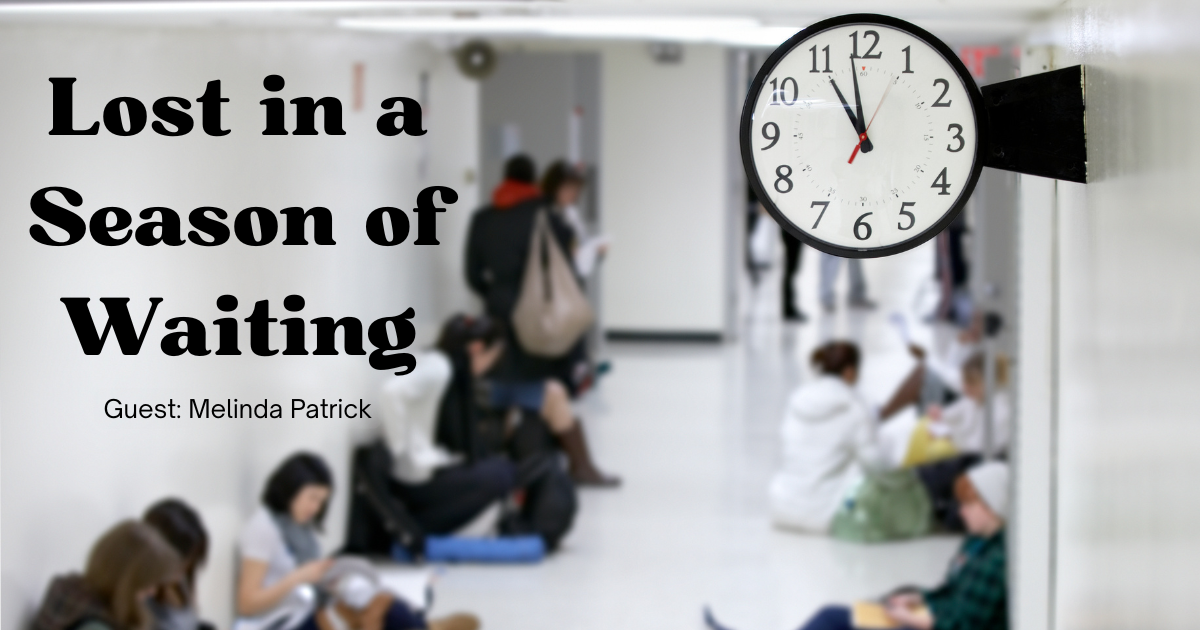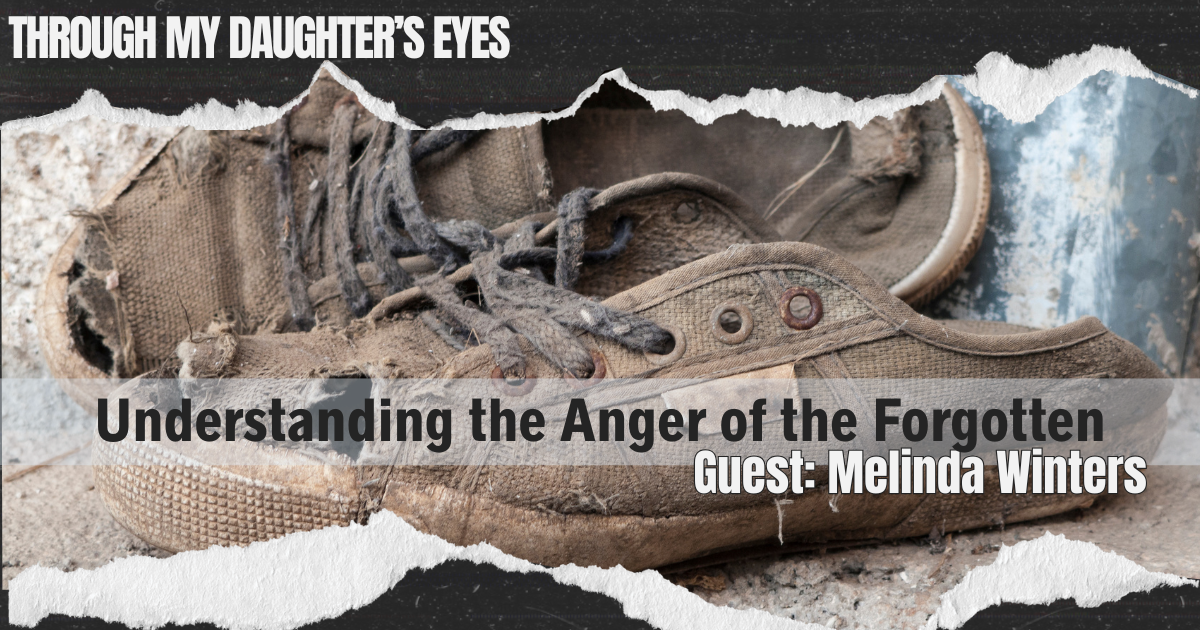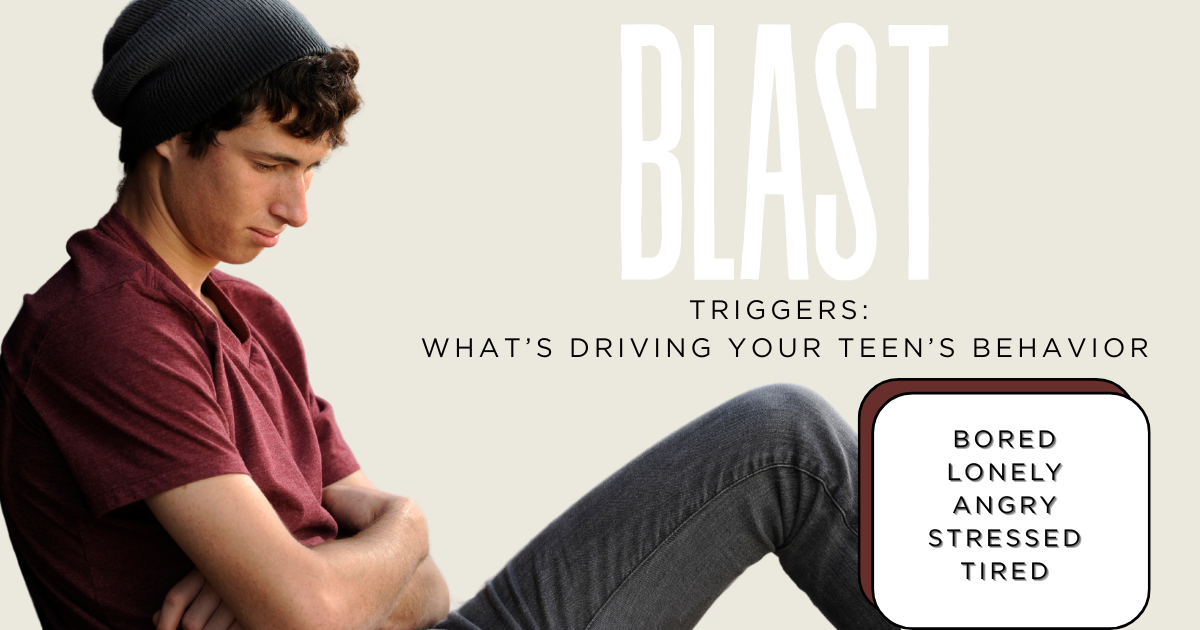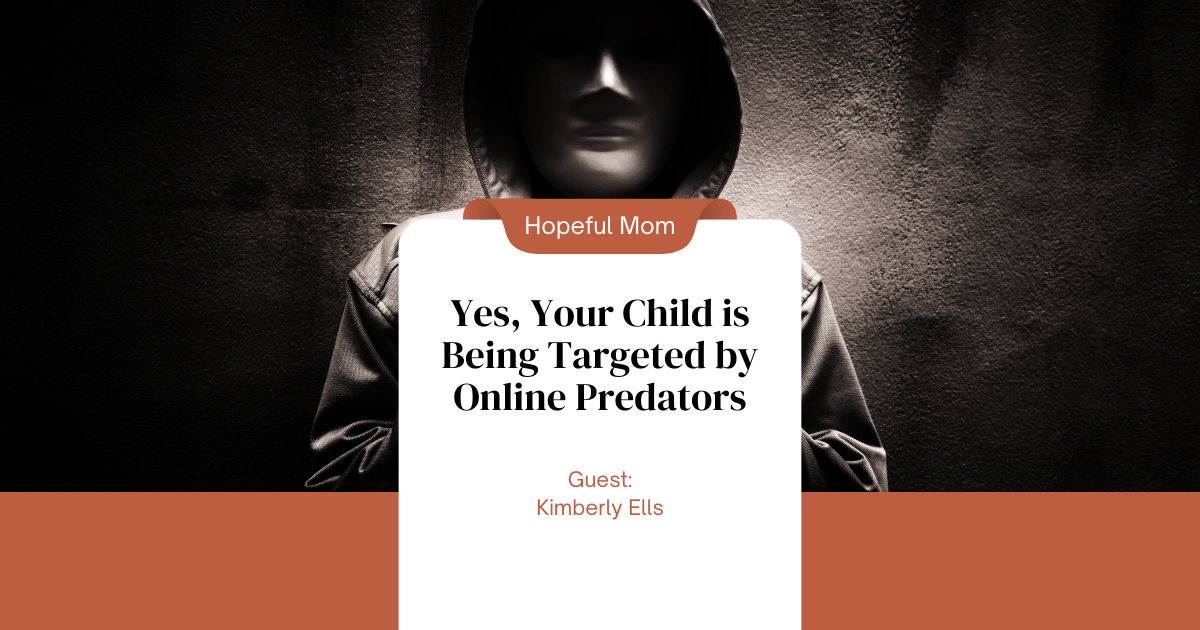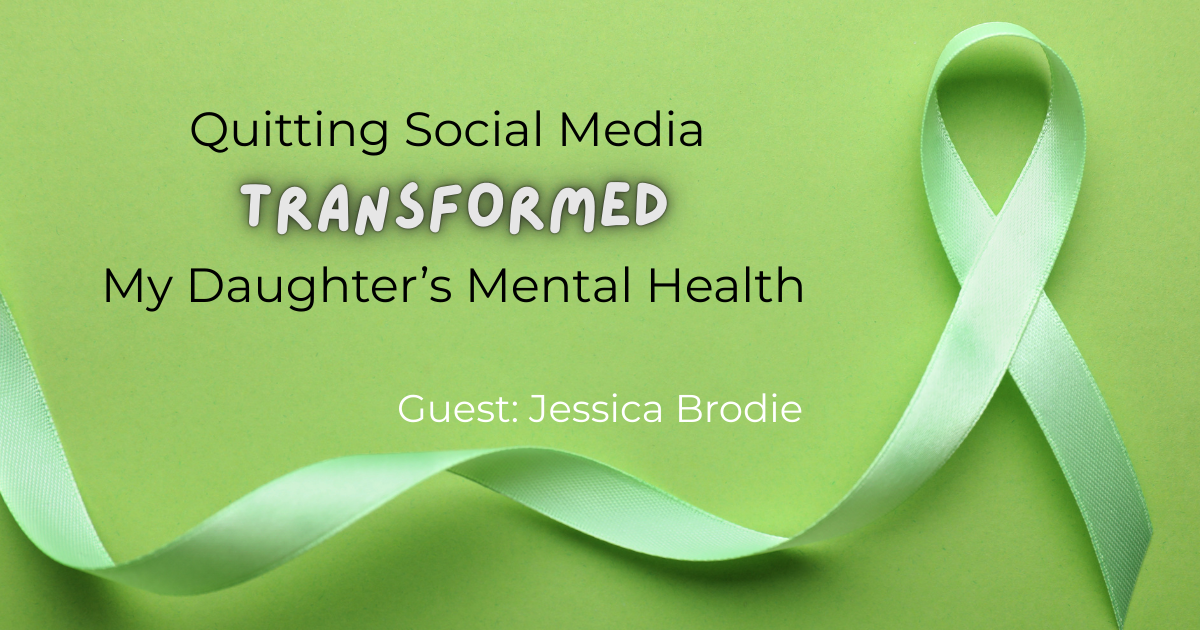As a Cybersecurity Instructor, Research Scientist, and Teacher, Barb Fox knows about technology and how to explain safety in a tech world to parents and students. I love, love the analogy she presents in order for us to understand cyber hygiene.
My children loved searching for treasures. I humored them as they scoured parking lots for coins or waded in creeks to find rusty bicycle wheels. But when it came to public restrooms, that was a different story. Pennies and abandoned toys stayed on the floor. Every time we went into a public bathroom, I reminded them about what was safe to touch and what was not. Those public places also prompted lessons on privacy. Close the door. Lock the door. And don’t peek where you shouldn’t peek.
These same precious kids need similar “cyber hygiene” training to protect their safety and privacy in the digital world.
Continue reading “Eww: 5 Tips for Cyber Hygiene”
